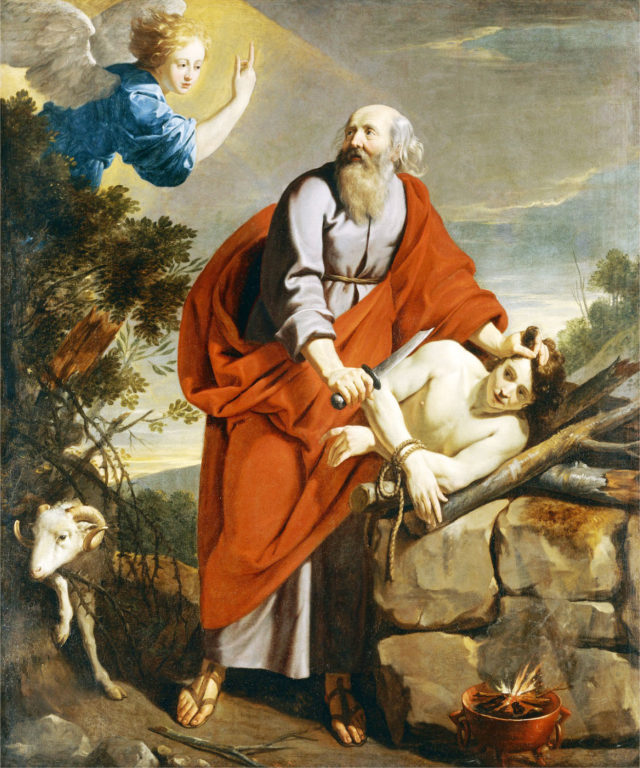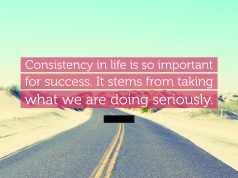
By Pr Isaiah White
Life is a series of decisions. Each day that passes is loaded with decisions to make – big and small, easy and hard. While the quality of each decision might be relatively easy or hard, what is absolute is that we are deciding beings.
I am not here to teach anyone how to decide. What matters is why one ought to decide. If you have always made decisions, you will realise that although sometimes life seems predictable, what influences decision-making are the invisible grey areas of life.
What happens to us doesn’t actually define us and the decisions we make in life. When I decided to choose Christ as my Lord and Saviour that made me a Christian. Many have made different decisions in life that have affected their identities almost permanently.
What is to decide?
Beyond the dictionary meaning of what to decide is, there are five decide steps that extend what we know about decision making. To decide is to: y Define the problem y Establish your criteria y Choose options y Identify pros and cons y Decide y Evaluate y Doing all these spontaneously or oneat a time is what it means to decide. It is not always true that in each decision we make, these steps are followed, but if every decision is inspected; we can detect some of these.
Must you always decide?
Yes, one must always decide because the nature of life depends on our decisive abilities. Decision-making is not merely a must but inevitable. There is no moment in life without a decision for even indecision is a decision not to decide. We, therefore, must always be intentional about making decisions in our daily lives.
When it comes to our growth and success, few skills are more important than the ability to make good decisions. As Nobel Prize winning economist, Milton Friedman wrote: “The best measure of quality thinking is your ability to accurately predict the consequences of your ideas and subsequent actions.” We must be intentional on the matter of decision making.
Whether we want or not, we make trivial decisions like what shirt to wear or what brand of toothpaste to buy, etc. Nonetheless, we also make other serious decisions like whether to donate one of your body organs, what career to pursue, to marry or not, have children or not and most importantly to believe i Jesus Christ or not.
Life is a series of decisions. We don’t make decisions, but decisions make us. The first ethic of every decision making, therefore, is to intend. We must be intentional with decisions and let no one decide for us, or at least decide within other forces decisions.
The Decision Life of Abraham
In the Bible, the greatest Patriarch is Abraham. In my view, we should all emulate Abraham because of his ability to make intended and good decisions. Of the many decisions he made through his long life, I will mention only three. The first decision Abraham made is in Genesis 12:14.
He decided to listen to God and leave his country for another destination unknown to him. Besides Abraham obeying God, he decided not to stay in a place which had solutions for his problems; he attempted the unknown.
Decisions are the vehicle that takes us from the known unproductive life to the unknown with a possible change. The second decision that Abraham made was to believe God without evidence (Genesis 15:16).
That decision revolutionized his identity eternally, and he became the father of all believers. It is this decision that positions him as the father of the three biggest religions today – Judaism, Islam and Christianity.
A decision is the distance between you, what you are, have, haven’t, and whom you can become. The blessing of Abraham was launched on that moment when he decided. As professional and career people, we must emphasize the ethics of deciding in life.
Finally, Abraham decided to obey God and sacrifice to his only son (Genesis 22). When he made this decision, he did not let even the emotions interfere with the principle. Decisions shouldn’t be rushed; they shouldn’t be based on how we feel. As a parent of only one legal child, also his heir, Abraham could have suspended this decision.
However, when the God who gave him the child asked for him, Abraham did not hesitate. Some decisions do not even need your spouse’s opinion; you just have to make them for the good of both of you.





















